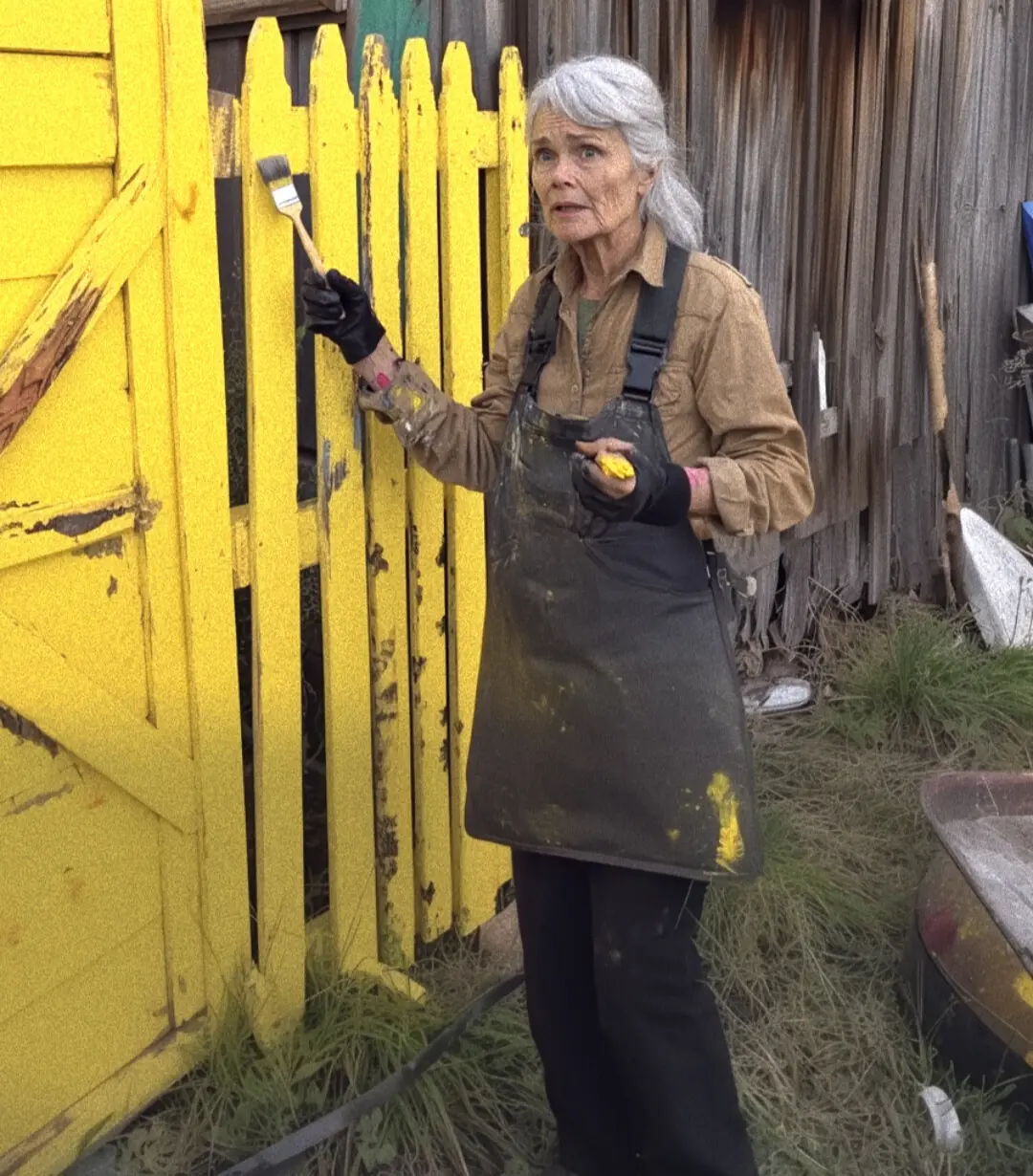
My MIL Called My Kids ‘Fake Grandkids’ Because They’re Adopted, But Karma Made Her Eat Her Words
I spent thirty thousand dollars trying to become a mother. But not a single cent preparing for the silence that followed when it didn’t work.
I was thirty-eight, and I couldn’t have children. It was a sentence I’d learned to say without blinking. To doctors. To friends. To myself.
“Should we try again?”
My husband, Daniel, asked that every time I came home from the fertility clinic. It had become a ritual, almost. His voice always soft, but weighted.
I just took off my shoes and said nothing.
Sometimes I went straight to the kitchen, peeled apples we wouldn’t eat, just to hear the sound of something gentle in a world that had become so sharp.
We’d been together for nearly a decade. Daniel was never the grand romantic type you read about in paperbacks, but he was the man who held my coat, brewed my favorite tea, and always knew when silence said more than words ever could.
He never blamed me. But I blamed myself.
Maybe with someone else, he’d already have a family. Maybe I was the end of the line.
“You still have time,” my mother-in-law, Margaret, used to say. “I had Daniel at thirty-eight. It’s still possible. You just need more faith. And maybe… fewer pills and potions.”
That was her way — judgment wrapped in sugar.
“She didn’t mean it,” Daniel would later say. “She’s just… traditional.”
“No. She doesn’t think I’m a real woman unless I’ve given birth,” I replied.
He didn’t argue. He just held me a little tighter. And somehow, that hug made it worse. It felt like saying, Let’s pretend this conversation never happened.
One night, I found myself glued to a TikTok video. A little girl hugged a woman and called her “Mommy” for the first time. The woman cried. So did I.
“What if we… adopt?” I whispered later that evening.
Daniel froze, the TV remote hovering mid-air. “Are you serious?”
I nodded.
“I’m not against it,” he said thoughtfully. “But if we do this… let’s adopt two. So they won’t be alone.”
I laughed, caught off guard. “Two? We can’t even pack for a weekend trip without losing patience with each other.”
“That’s different,” he smiled. “We didn’t have a reason to be our best selves then.”
That stopped me cold. Because deep down, I knew he was right.
The process was long. Intrusive. Emotional. We learned more about childhood trauma than I ever imagined.
And they warned us again and again:
“Don’t expect gratitude. These kids won’t run into your arms. They don’t trust people. That trust has to be earned.”
After seven long months, we got the call.
“There are two children,” the agency told us. “They’re not biological siblings, but they’re emotionally inseparable. A boy and a girl. They cling to each other like lifelines. If we separate them, we might lose them both.”
The girl was African-American with deep, observant eyes. Her name was Eliana. The boy, with East Asian features, stood further back, clutching a torn teddy bear like a soldier would a shield. His name was Kai.
There were no sparks. No grand tearful reunions. Just a quiet, cautious moment.
“Hi. I’m Julia,” I said, crouching beside them.
A beat of silence.
“Can I sit next to you?”
That was the beginning.
We signed the papers two days later. I sent out a photo with the announcement. Family and friends replied with joy, emojis, and “They’re precious!”
Everyone, that is — except Margaret.
Adjusting to our new normal wasn’t a fairytale. There was no instant attachment. No warm hugs before bed.
Instead, we heard slammed doors.
We heard Kai smashing toys against the wall until fragments scattered like broken glass.
We heard Eliana cry at night, muffled beneath her blanket, trying not to wake anyone.
I didn’t lecture her. I didn’t say, “It’s okay.” I just sat across the room in silence, present but not pushing.
One afternoon, Kai collapsed in the middle of the sidewalk, screaming as if the pain inside him tore him apart.
People stared. Judged.
“What are you doing?” a woman snapped.
“Waiting. Until he’s ready,” I said.
She scoffed and walked away. But I stayed, sitting beside a child who no longer trusted the world. And in time, he looked at me and asked, “Why aren’t you mad at me?”
“Because I know you’re hurting,” I answered.
He blinked like he was seeing me — really seeing me — for the first time.
Two weeks in, there was a shift. A breath.
Kai started whispering stories to his teddy bear.
Eliana let me braid her hair. The braid was crooked, but she sat still. And that felt like we’d crossed a bridge.
“I want to throw them a celebration,” I told Daniel one evening while cleaning up flour from cookie dough chaos.
“Isn’t it a little early?” he asked. “They’re still adjusting.”
“Exactly. That’s why we all need this. To remind them — and ourselves — that we’re a family now.”
I made garlands out of pastel construction paper. Eliana glued little stars. Kai chose cupcake liners with cartoon animals.
And I invited Margaret.
“She loves children,” Daniel said. “She’ll come around.”
But something deep in me whispered otherwise.
The day of the party, I opened the door and there she was — Margaret — with two of her friends in tow.
“Hope you don’t mind,” she said airily. “My friends Ruth and Clarissa were already out with me. Thought we’d all stop by!”
The women waltzed in like they were attending a garden brunch. Ruth in pearls. Clarissa in oversized sunglasses — indoors.
“Ohhh, is this the adoption party?”
“Technically, just a welcome,” I corrected gently. “For the kids.”
Eliana inched backward. Kai’s hand tightened around a small toy car.
Margaret handed me her perfect box of cookies. The "ladies" inspected the children like exhibits.
“Oh my,” Ruth said. “They’re not what I imagined.”
Clarissa laughed. “They’re definitely not Daniel’s.”
I stepped forward, instinct flaring, but Margaret got there first.
“When Julia said she wanted to adopt, I thought it was just another one of her phases,” she said loudly.
The room stilled.
“And then she went and pushed for two. Different backgrounds. Different everything. And Daniel — bless him — always so easily… led.”
“Margaret, that’s enough,” I said.
“Oh, please. I’m just saying what others are too polite to admit. These children,” she gestured toward them, “are my fake grandchildren. I won’t leave them a cent. I won’t pretend this is normal.”
She expected Daniel to appear and back her up. But he wasn’t home yet — he’d stepped out to pick up a gift we forgot to wrap.
And there I was — alone with their cruelty.
“So sensitive,” Margaret said. “Maybe if you had your own children, you wouldn’t be trying so hard to pretend.”
The front door opened.
Daniel stepped in with a gift bag and a confused frown. He read the room instantly.
“What’s going on?”
“Your wife just threw us out,” Margaret said.
Daniel looked at me. Then at the kids.
“I heard just enough. And it’s more than enough. Mom, you need to leave. Now.”
They left in silence.
I turned to Eliana, who hadn’t cried. But her eyes shimmered.
“I’m not like her,” I whispered.
She took a step forward and murmured, “I know.”
I thought that was the last we’d hear from Margaret.
I was wrong.
Time passed. Healing came slowly.
Kai stopped screaming. Eliana began humming while drawing.
Our house filled with “Mom, look!” and “Where’s my green marker?” and “Mom, Kai’s being annoying!”
Each moment was a miracle. But they weren’t born of magic — they were born of staying. Listening. Choosing love again and again, even on the hardest days.
We heard whispers from town. Margaret’s actions at the party had spread.
“She’s not welcome at church socials anymore,” someone murmured at the store.
“She was voted off her charity board,” Daniel’s cousin said over coffee.
Even Mr. Vaughn, her longtime neighbor, muttered, “Can’t smile at a woman like that anymore.”
Christmas morning came.
We baked cinnamon rolls. Kai wore Spiderman slippers. Eliana insisted on wrapping even the dog’s gift. Daniel was making cocoa when there was a knock.
I opened the door. Margaret stood there, a red envelope in hand.
“I just… needed to tell someone,” she said quietly.
“I don’t know if it was your idea—”
“It wasn’t,” I said. “They picked the card. They even argued over the sticker.”
She exhaled.
“I called them fake. But they remembered me.”
She wasn’t asking for forgiveness. Just understanding.
I stepped aside.
“They’re decorating the tree. If you want to say thank you — say it to them.”
From the kitchen came Kai’s voice:
“Hey! The star’s crooked!”
Eliana laughed. “I like it that way!”
I don’t know if Margaret ever truly changed. But I know this: the children she once called fake gave her something real.
About love.
About family.
And about second chances — even when they’re undeserved.
News in the same category

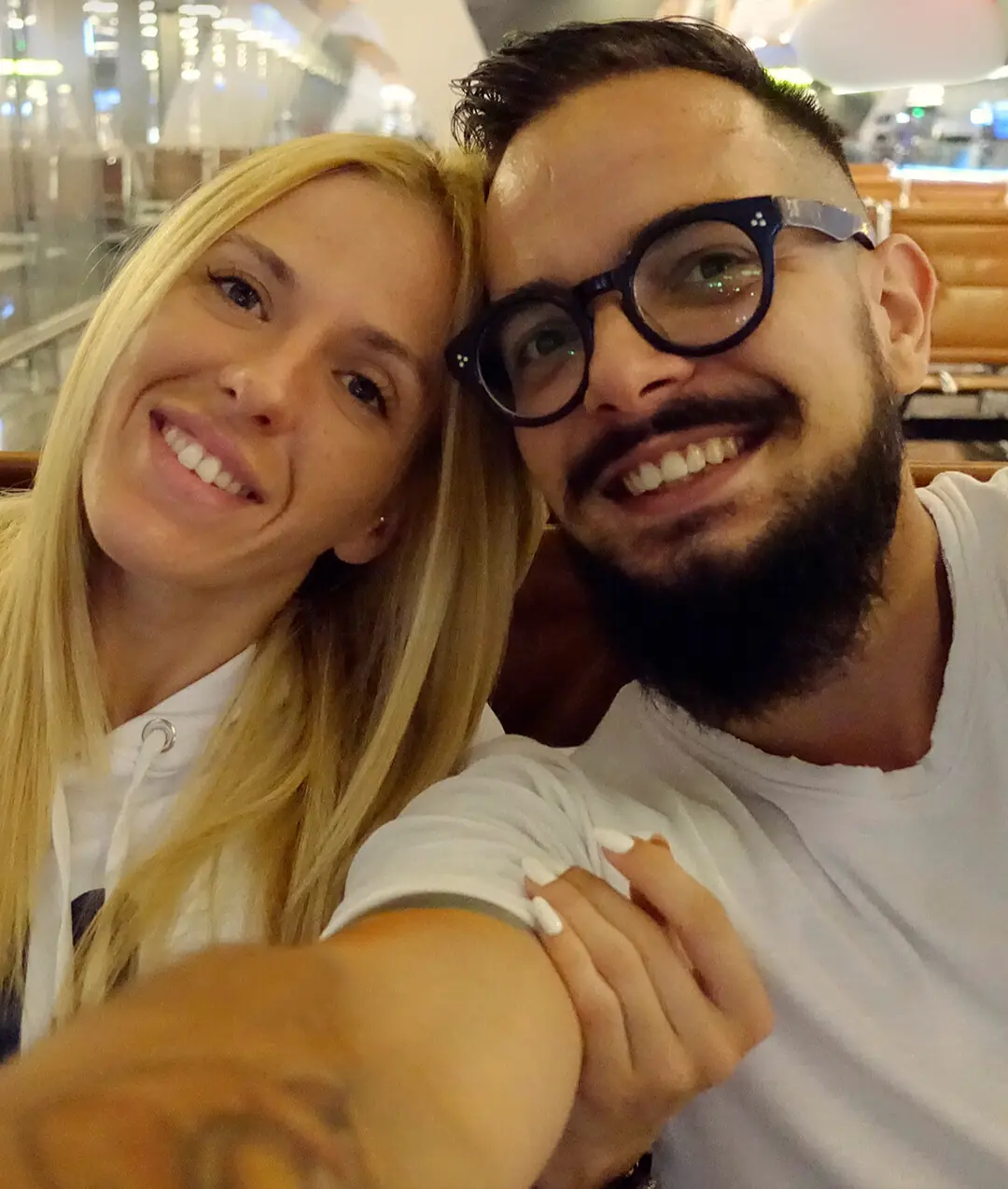
I Blamed My Husband for His Meager Salary, Not Knowing He Spent Most of It on 2 Babies I Never Saw
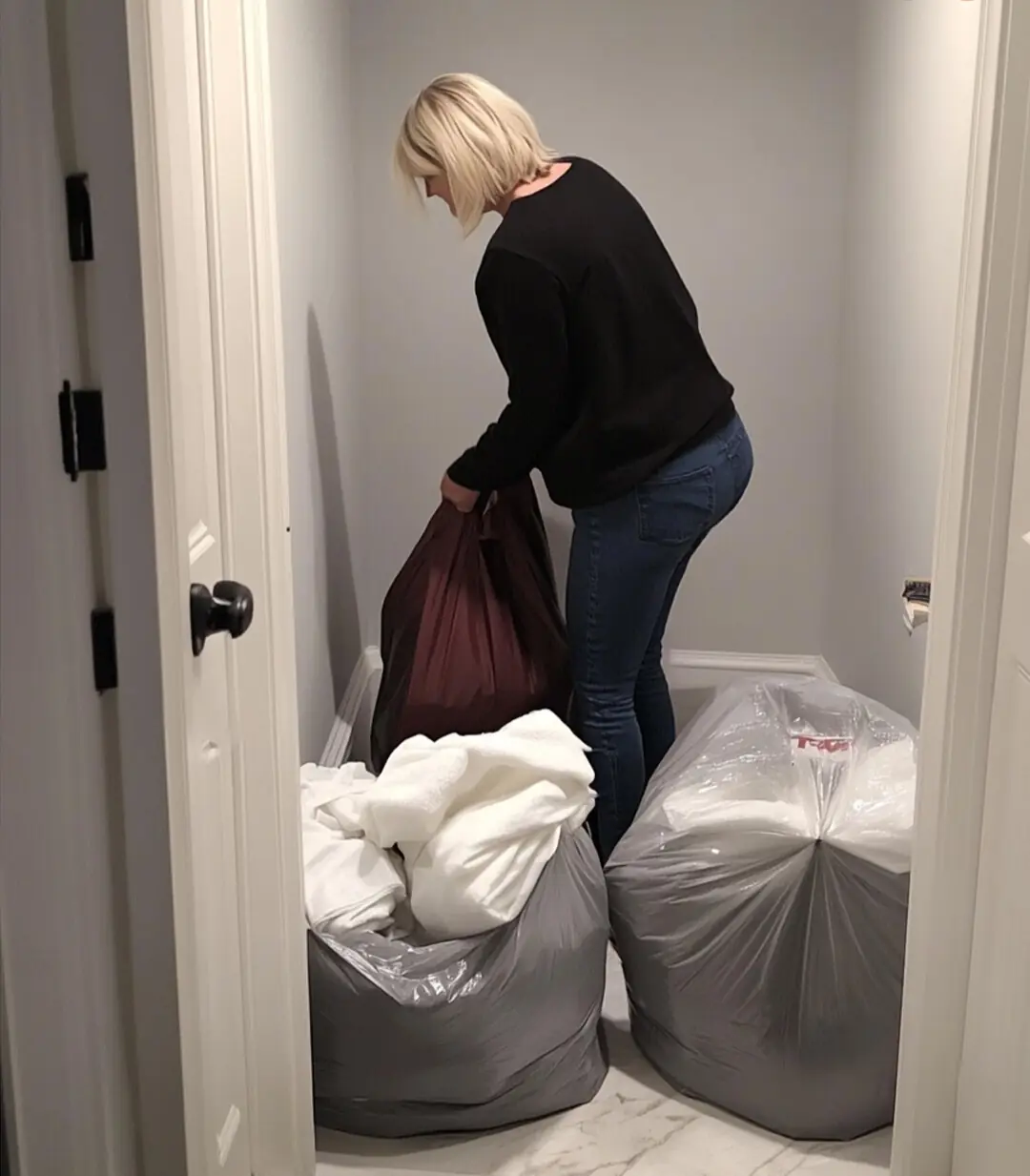
My MIL Kept Bringing Her Towels and Sheets to Wash at My House – What I Found Out Left Me Speechless
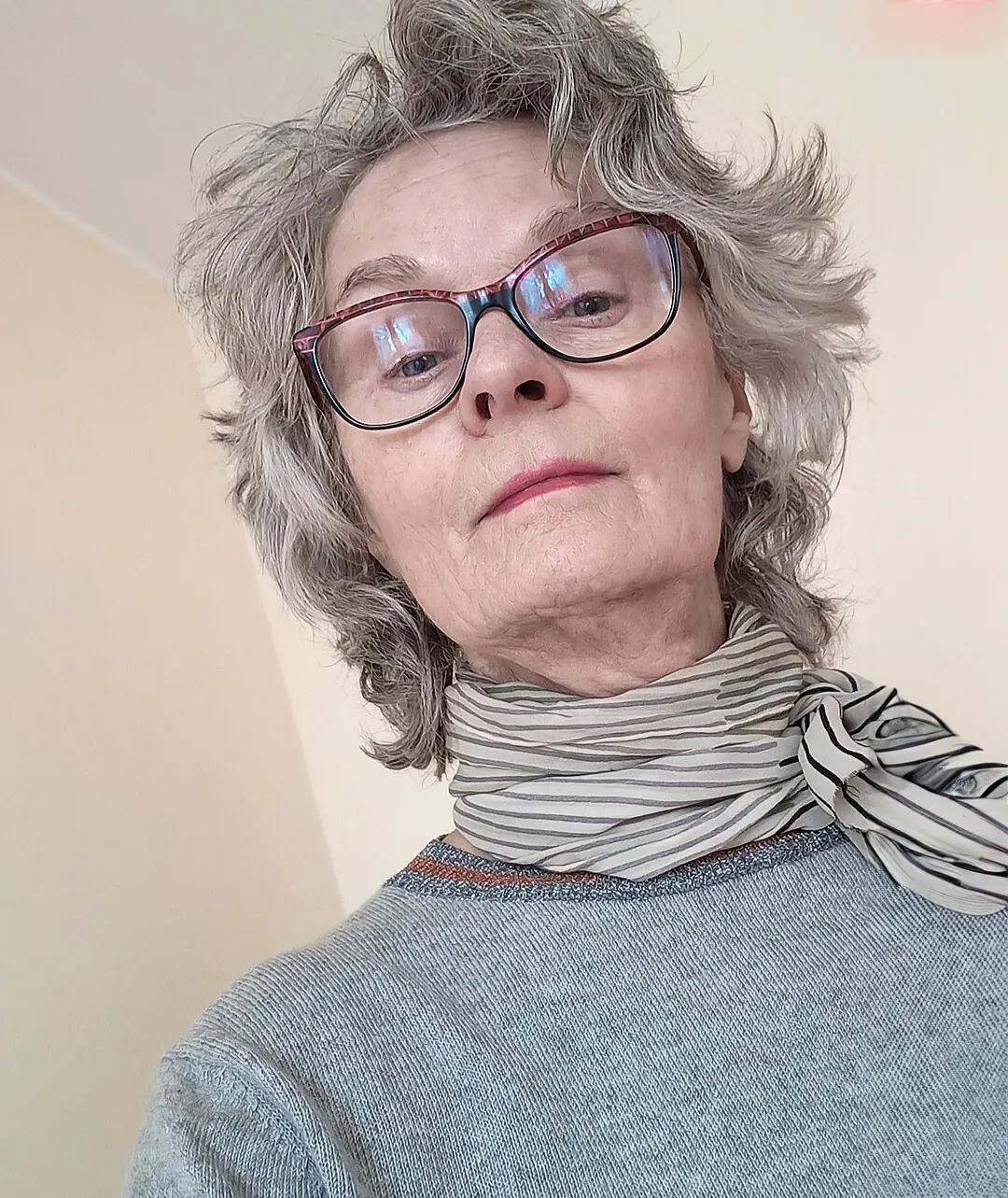
Poor Man Compliments Woman with Gray Hair, Next Day She Comes to His Home with Engagement Ring
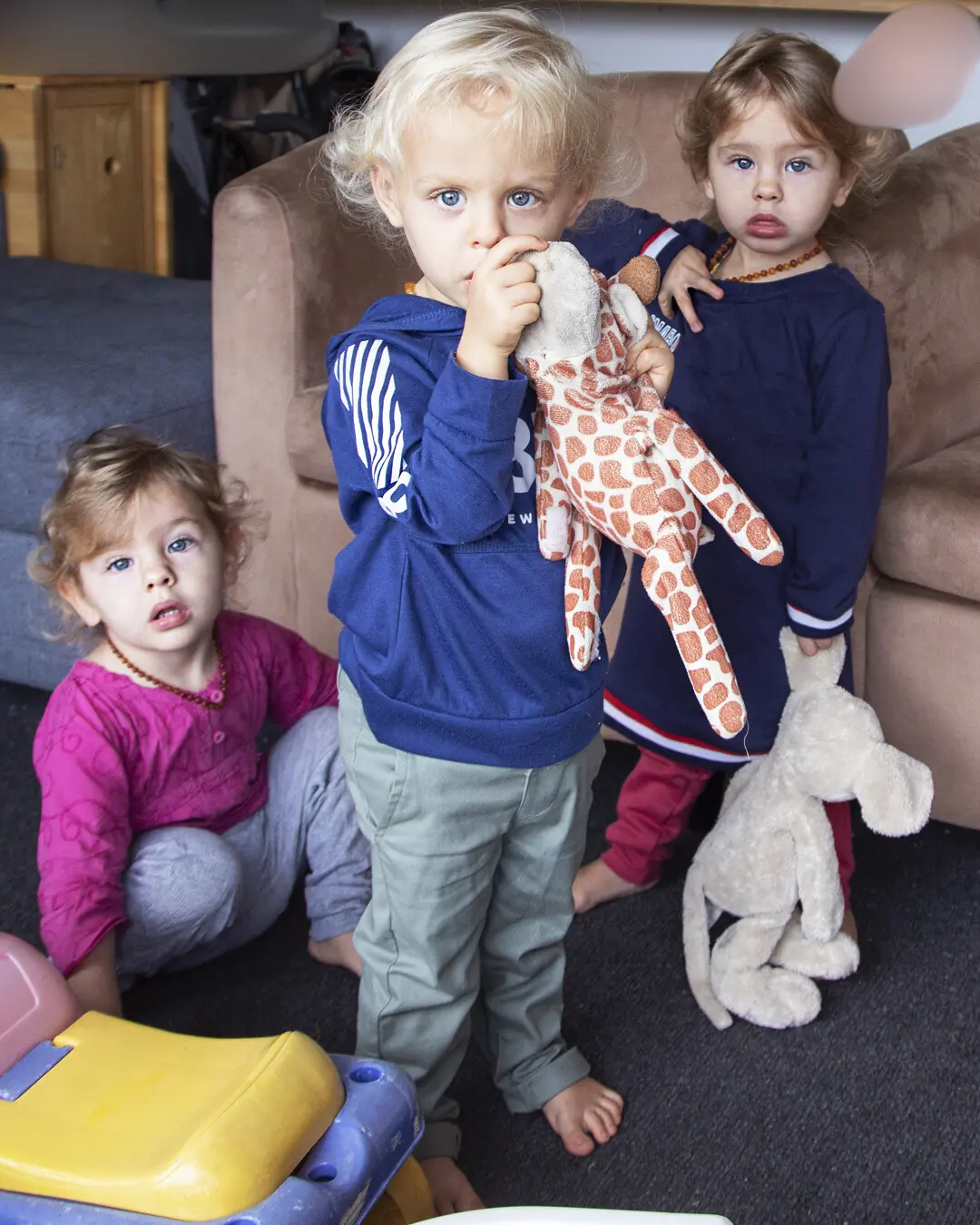
Doctor Raises Triplets after Mother Dies in Labor, in 5 Years Their Bio Dad Appears
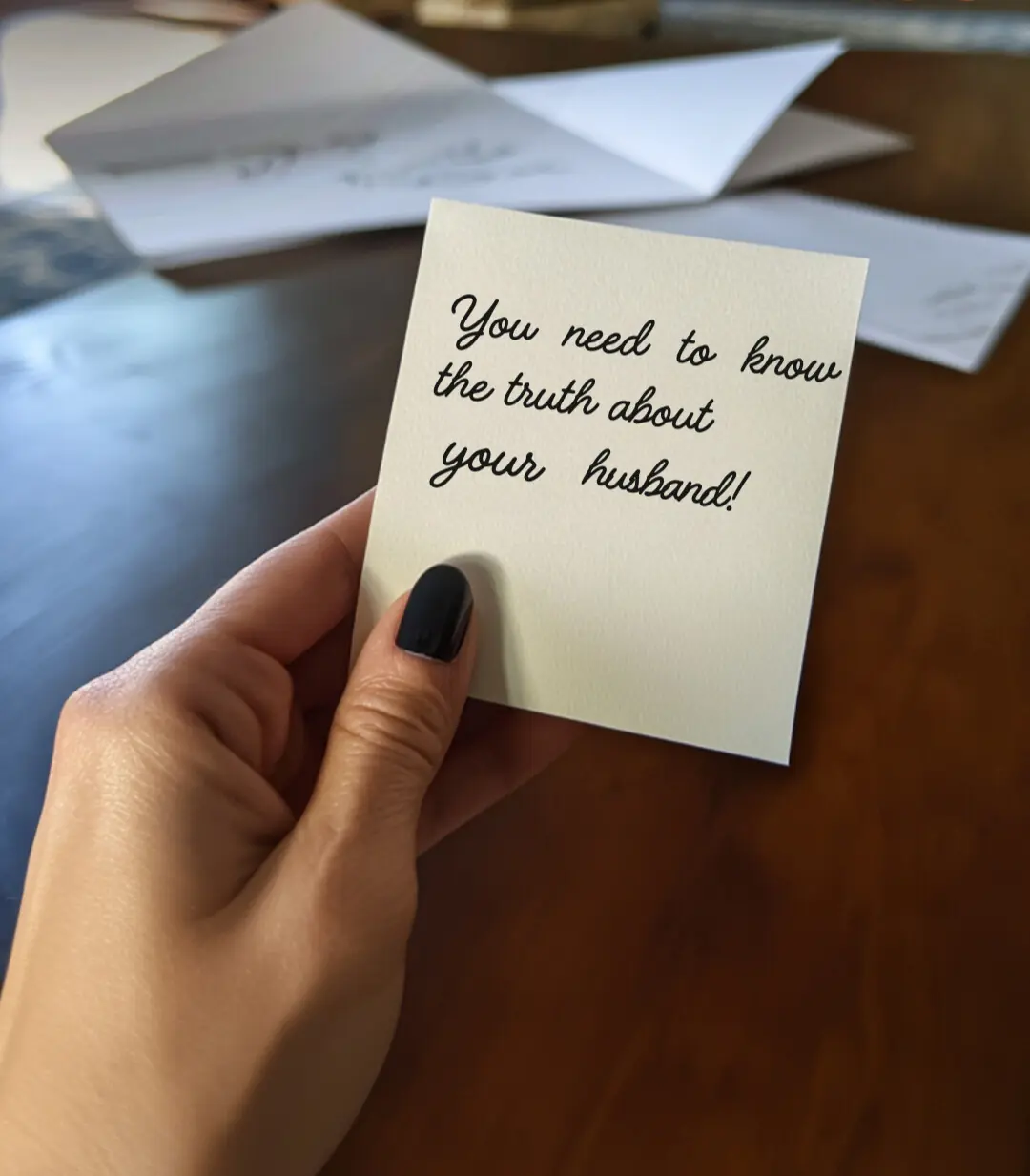
My Neighbor Tried to Kick Me out of My Own Home, Until I Found a Note That Said 'You Need to Know the Truth About Your Husband'
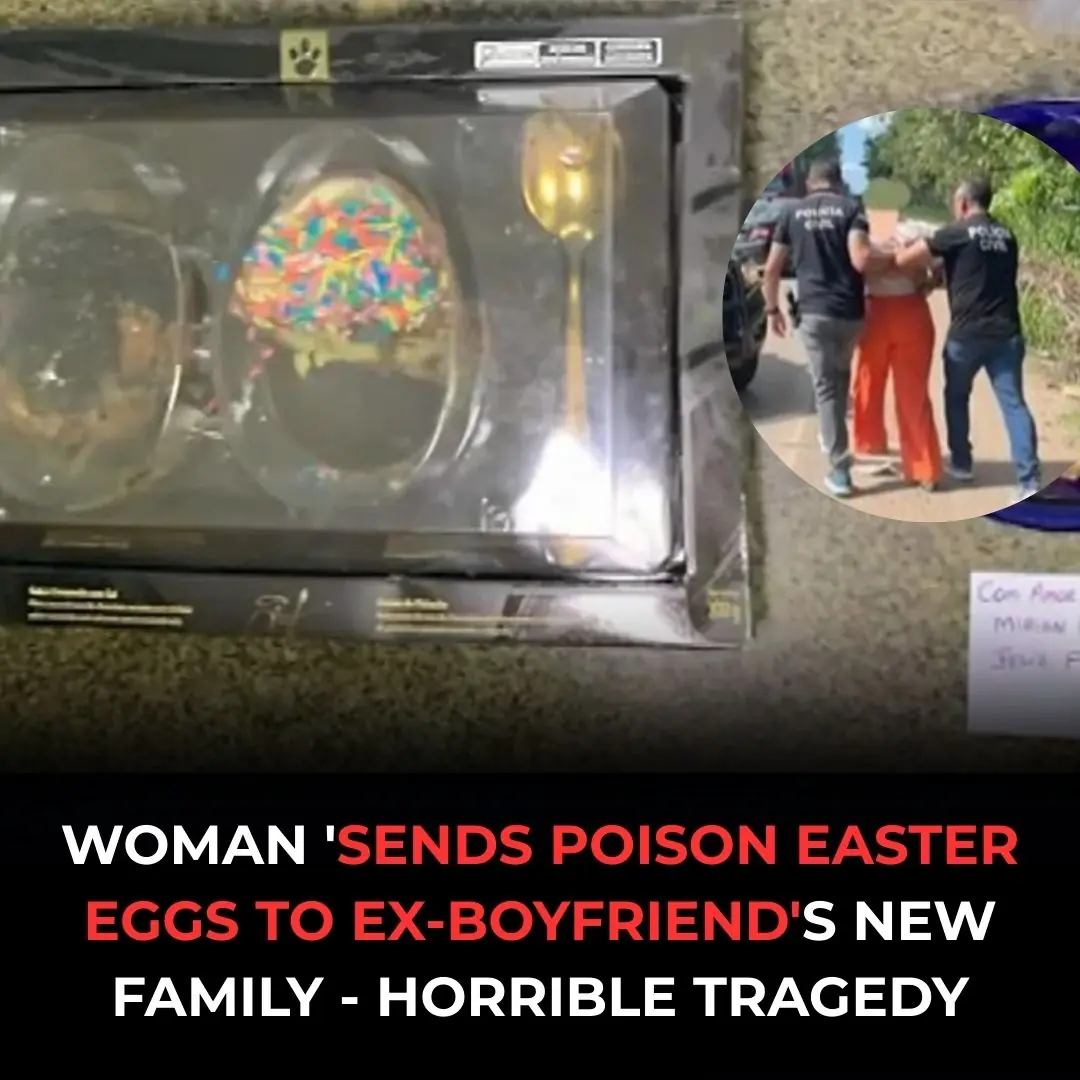
Poisoned Easter Eggs Sent To Ex’s New Family — 7-Year-Old Passed Away
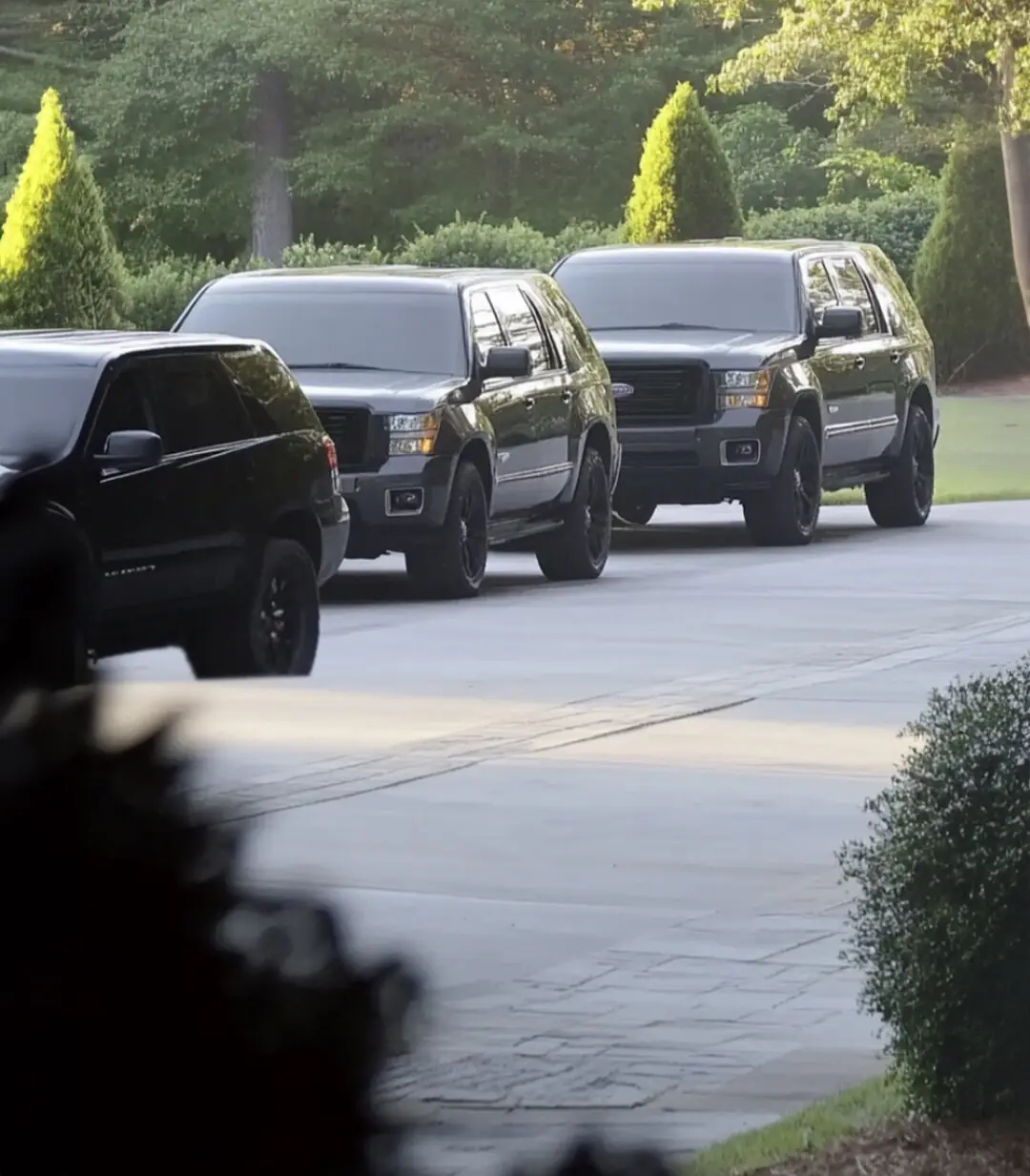
My Son Helped a Blind Old Man Pay for His Groceries – Today, a Convoy of Black SUVs Pulled Up to Our House
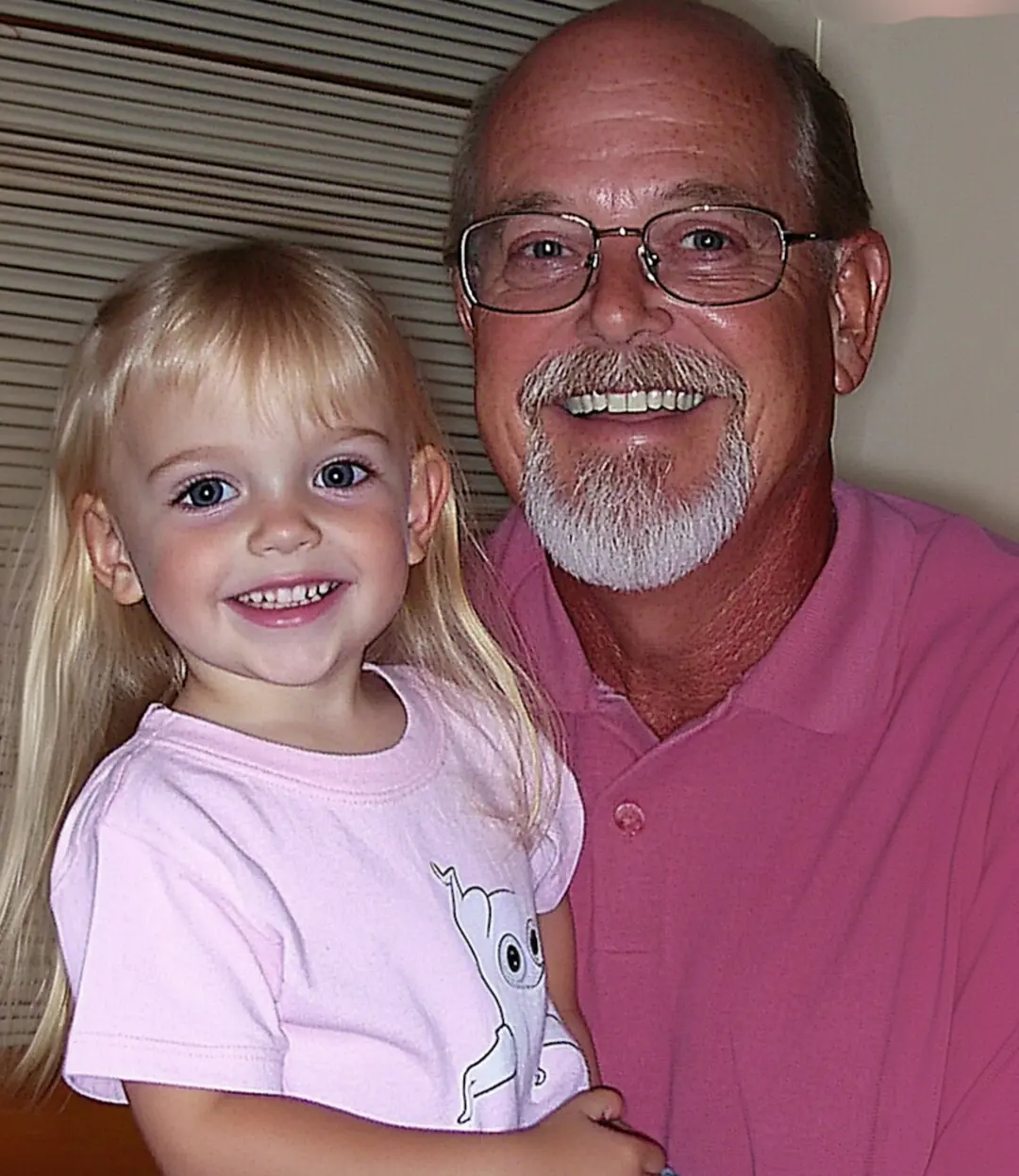
Granddad Forbids Anyone from Touching His Old Mattress, Girl Finds Stash There after His Death
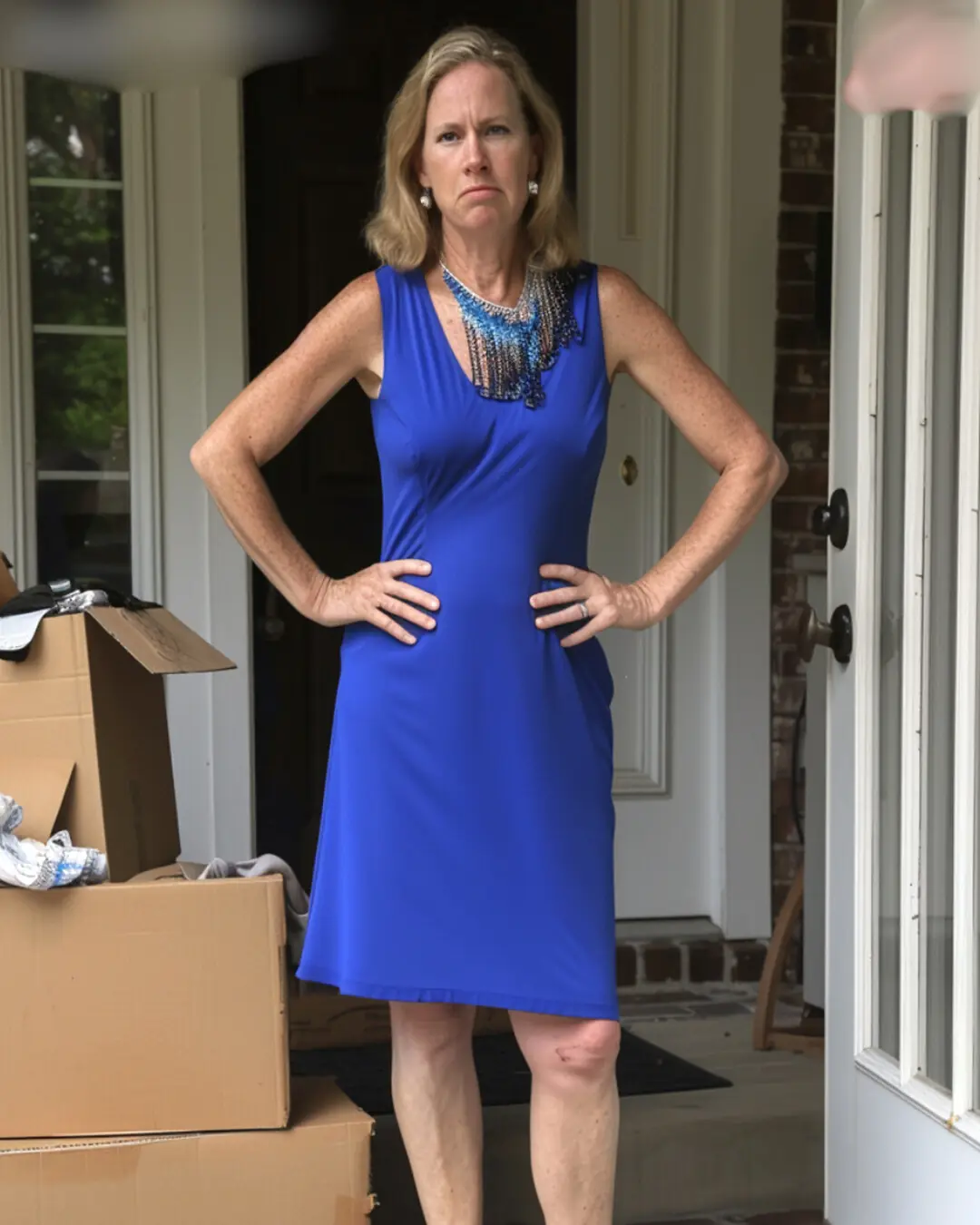
My Stepmom and Her Adult Kids Changed the Locks After My Dad's Funeral – But My Mom Had the Final Word
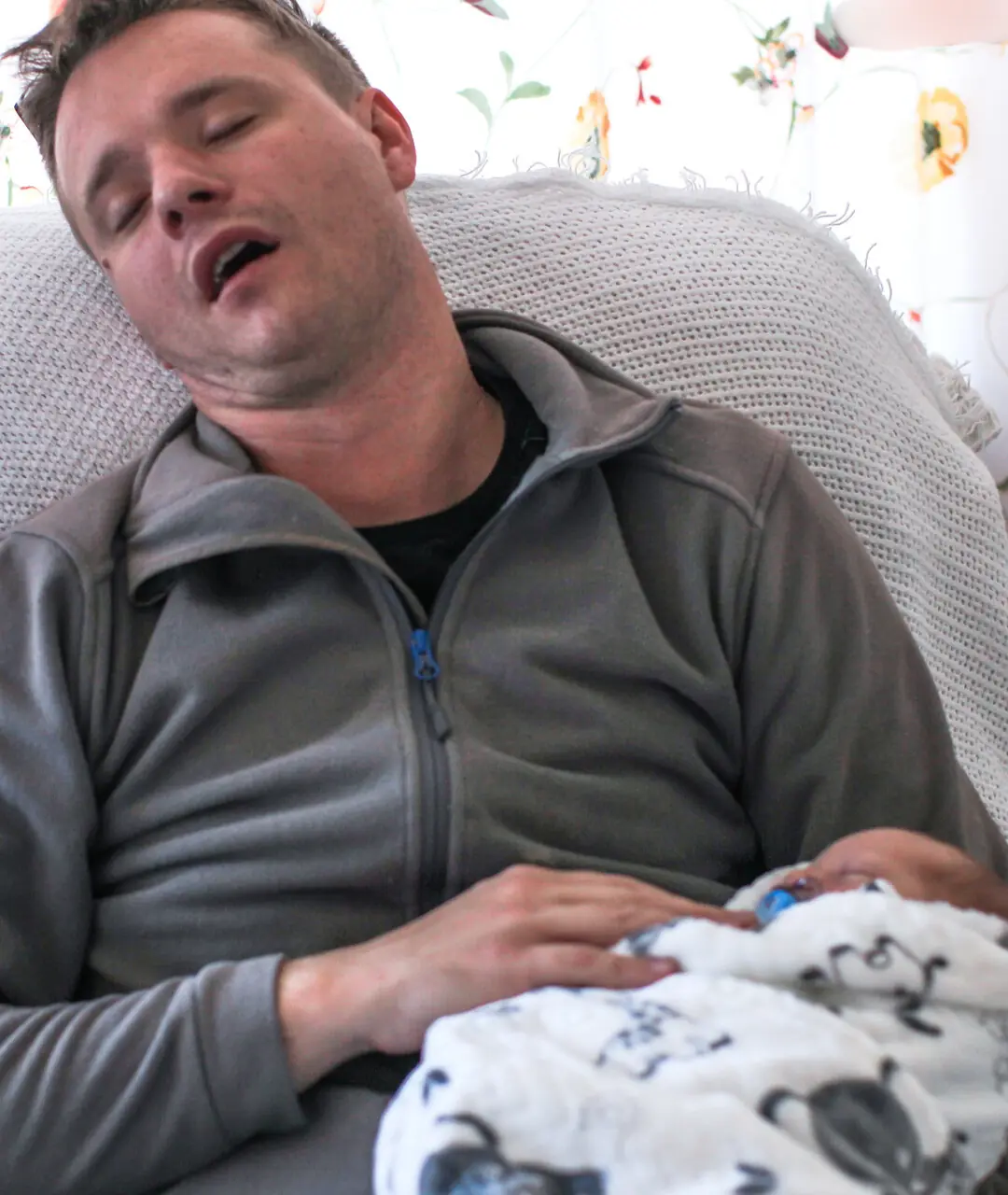
My Husband Thought I Did Nothing While at Home with Our 5-Month-Old Baby until I Left Home for a Week
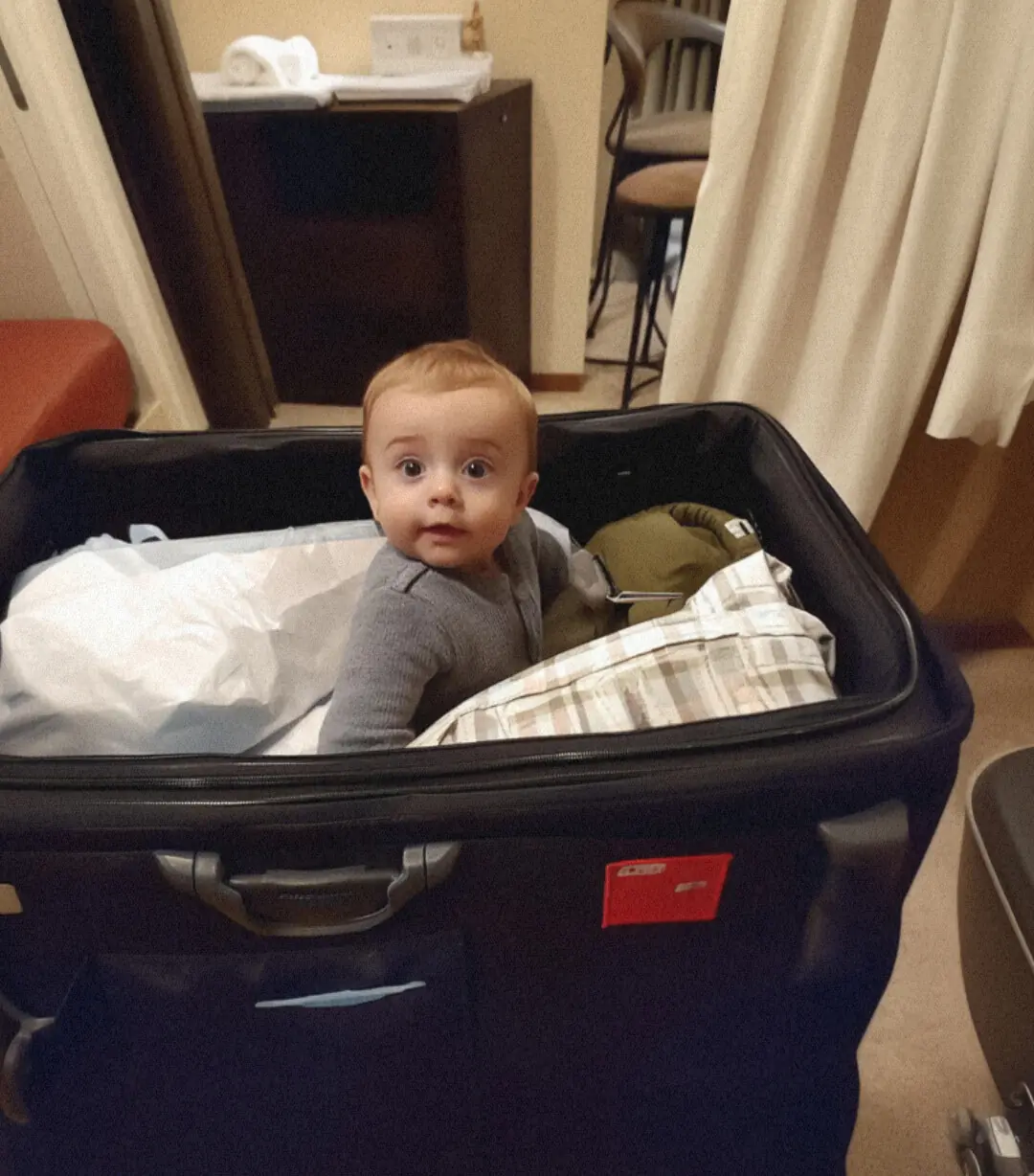
My Daughter Dropped off My Grandson and Disappeared — Three Weeks Later I Got a Call That Broke My Heart
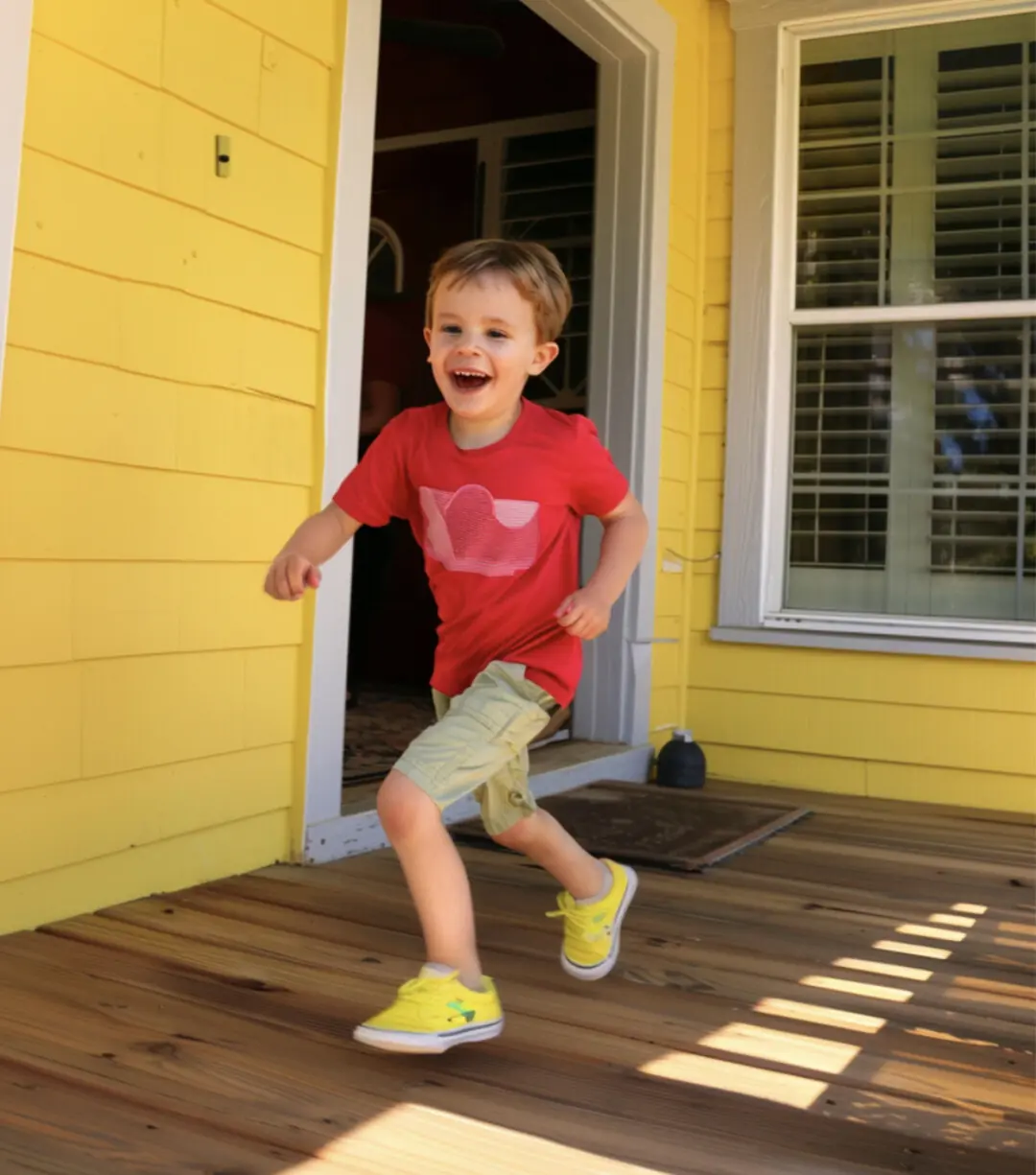
My Husband Secretly Bought a Second House – One Day, I Drove There and Was Shocked by What I Found

Girls Visit Dad's Grave to 'Show' Their New Dresses as He Asked, See 2 Boxes with Their Names

Turns Out I Rented an Apartment to My Husband's Mistress, and Their Next Date There Was One I'll Never Forget

Neighbor Mocks Poor Woman for Filthy Look of Her House, Apologizes after She Sets Foot Inside

My Wife Kicked Me Out of the House Because of the Sudden Confession of My Director

My Son’s New Classmates Turned Him from a Straight-A Student into a Troublemaker — But I Didn’t Give Up on Him
News Post

My Neighbor Copied Everything I Did Until I Discovered the Heartbreaking Reason

I Blamed My Husband for His Meager Salary, Not Knowing He Spent Most of It on 2 Babies I Never Saw

My MIL Kept Bringing Her Towels and Sheets to Wash at My House – What I Found Out Left Me Speechless

Poor Man Compliments Woman with Gray Hair, Next Day She Comes to His Home with Engagement Ring

Doctor Raises Triplets after Mother Dies in Labor, in 5 Years Their Bio Dad Appears

My Neighbor Tried to Kick Me out of My Own Home, Until I Found a Note That Said 'You Need to Know the Truth About Your Husband'

Turmeric: The Golden Spice with Incredible Health Benefits
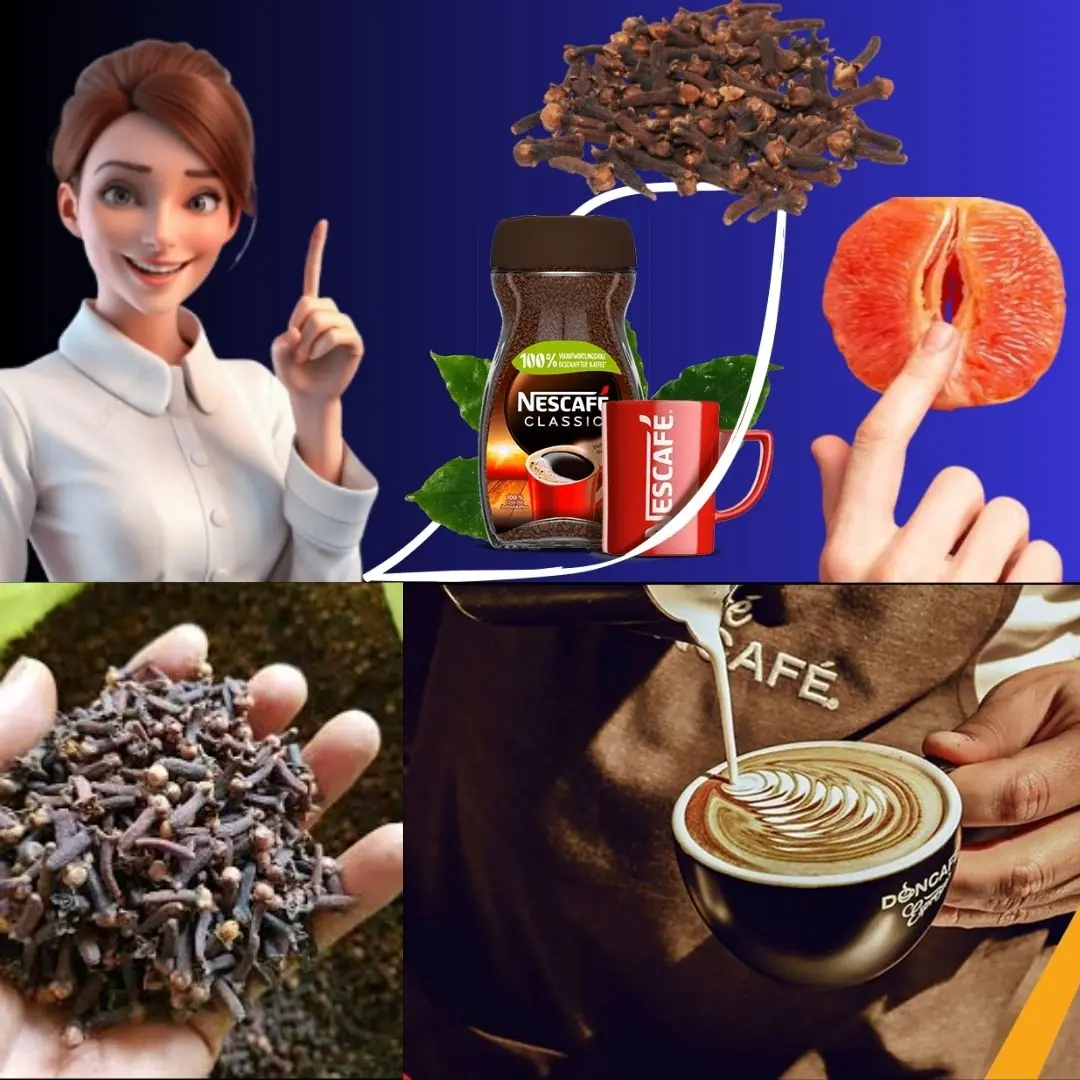
Why You Should Mix Cloves with Coffee: A Game-Changing Combo
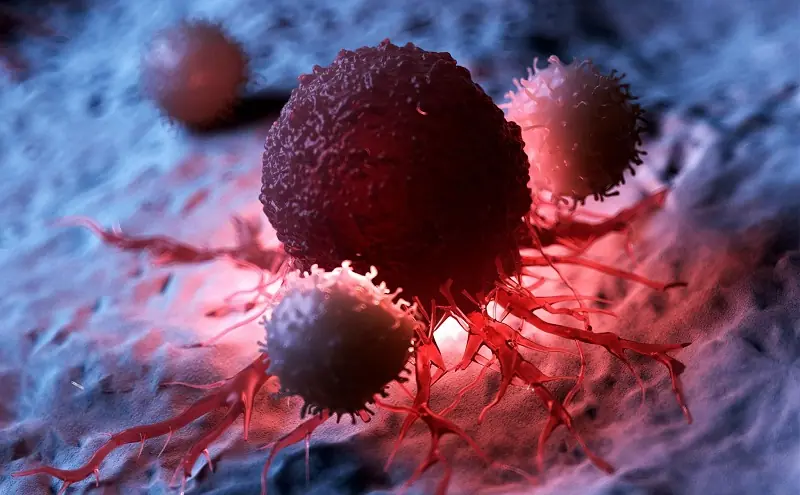
Unusual Morning Signs That May Warn of Cancer Risk
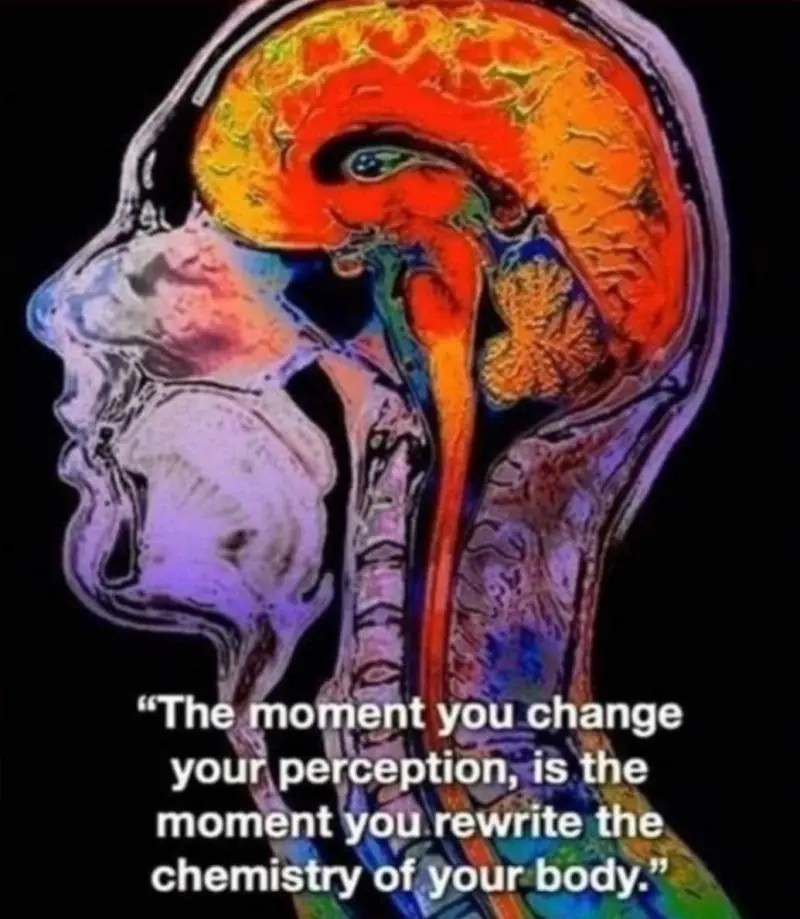
The moment you change your perception is the moment you rewrite the chemistry of your body

10 Cancer Warning Signs Women Often Overlook

Paralysed man stands again after receiving ‘reprogrammed’ stem cells

🌿 Unlock the Secret Power of Guava Leaves: Transform Your Hair, Skin & Health Naturally

🍯🌿 18 Benefits: Mix Ginger with Cloves and Honey, You'll Thank Me for the Recipe!

This Simple Exercise Lowers Blood Pressure as Effectively as Pills, Study Finds

From Causes to Cures: Everything You Need to Know About Fatty Liver

Symptoms of prostate cancer explained as study reveals how often men should ejaculate per month to prevent it

Why Skipping Breakfast Could Be Harming Your Health: Hidden Dangers You Need to Know
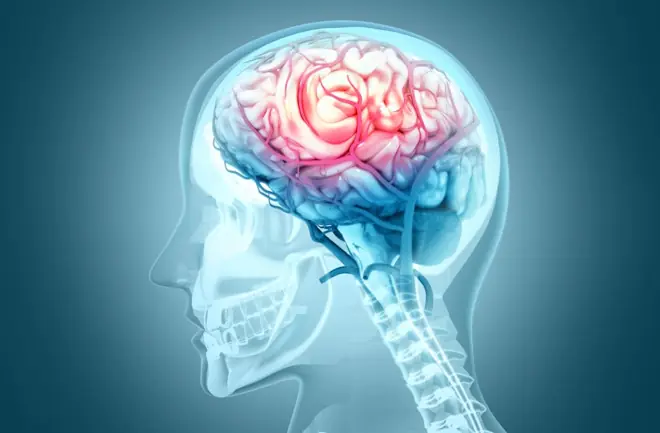
Recognizing the Warning Signs of a Stroke: Why Immediate Action Can Save Lives
